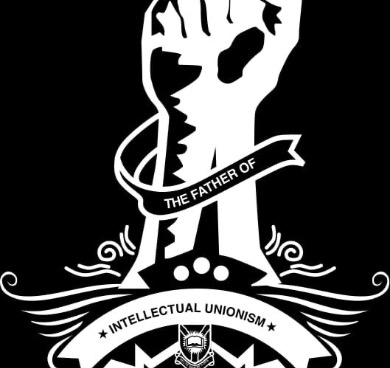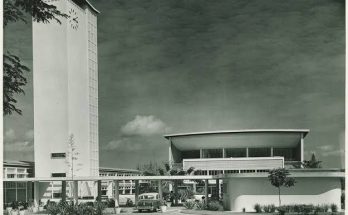
As the electoral season intensifies across the University of Ibadan, it’s clear that the atmosphere is charged with anticipation. While some departments, halls of residence and faculties, have already lifted restrictions on the electoral process, others are just beginning their own procedures. With the semester drawing to a close, it is evident that election fever has firmly taken hold.
A central question that has always surrounded elections is how to evaluate the political candidates vying for leadership positions. What is the most effective way to assess their competence and suitability for the office they aspire to occupy?
In many contemporary democracies such as Britain and the United States, candidates are primarily judged based on their political acumen and ideology. Popularity and personality, though not entirely irrelevant, tend to play a secondary role in determining the electorate’s choice. In contrast, in Nigeria, political ideology often takes a backseat to factors like popularity, personality, and, in some cases, financial capability. The masses are frequently swayed by how they perceive a candidate’s character and their popularity among peers. Unfortunately, financial influence also plays a significant role; the more a candidate can spend during their campaign, the higher their chances of winning. This creates an environment where corruption and a lack of accountability become deeply entrenched in the electoral process. Many elected officials, once in power, turn their backs on the very electorate that supported them, believing that their financial investment during the campaign warrants a return on investment.
This trend is not limited to national elections but also permeates the Nigerian higher education system. At the University of Ibadan, for instance, electoral outcomes are often determined not by the candidates’ political ideologies or strategic plans but by their popularity and perceived personality. Voters are more likely to be influenced by the candidate’s demeanor, approachability, and, to some extent, their personal characteristics. Questions such as “Does the candidate greet you often?” or “How humble are they?” sometimes outweigh more substantive concerns about the candidate’s plans or qualifications for office.
In some cases, religious and tribal sentiments also play a role in the decision-making process. Electorates may judge candidates not only by their personal qualities but also by their religious affiliations or tribal background. This phenomenon is rooted in the broader dynamics of Nigeria’s political system, which has trickled down to influence institutions like the University of Ibadan.
It raises the important question: why would a renowned citadel of learning choose its leaders based on popularity or personal traits rather than on their ideologies, plans, and ability to execute them? Unfortunately, this often leads to a situation where elected candidates lack the requisite skills or vision to fulfill their roles effectively. More often than not, candidates are chosen based on goodwill and familiarity, rather than on a proven ability to deliver on their promises.
A striking example of this can be found in the election of former Nigerian President Muhammadu Buhari. He was chosen not for his detailed plans but because of his perceived goodwill, personality, and reputation. This decision proved to be a costly one, as it contributed to Nigeria’s economic struggles. Despite the mistakes made in this election, the masses seemed not to have learned from the past, as the jury is still out on the current administration, with things seeming to deteriorate further. As the great philosopher Georg Wilhelm Friedrich Hegel once said, “History teaches us that man learns nothing from history.”
Back at the University of Ibadan, the electoral process often hinges on candidates’ popularity and personal appeal. It seems that the more popular and likable a candidate is, the more likely they are to succeed. But this raises a critical question: should popularity and influence outweigh a candidate’s plans and ability to follow through on their promises? While we often lament bad leadership, we simultaneously create an environment where such leadership can thrive.
The reality is that individuals get the leadership they deserve, based on the choices they make. If you elect a leader based primarily on personality and popularity, you have no grounds to fault them for failing to deliver on their promises. After all, your vote was based on familiarity and relationship, not on a careful assessment of their plans or ideological positions. It would be hypocritical to expect outcomes that you did not actively seek in the first place. Even miracles don’t happen without effort — they must be worked toward.
Thus, while it is natural to be drawn to familiar candidates, we should not be swayed by their popularity and charm alone. It is crucial that we take the time to understand their plans and evaluate the viability of their proposals. In doing so, we can make more informed decisions based on the substance of their political ideology and their potential to fulfill their promises, rather than relying solely on superficial qualities like personality and popularity.



